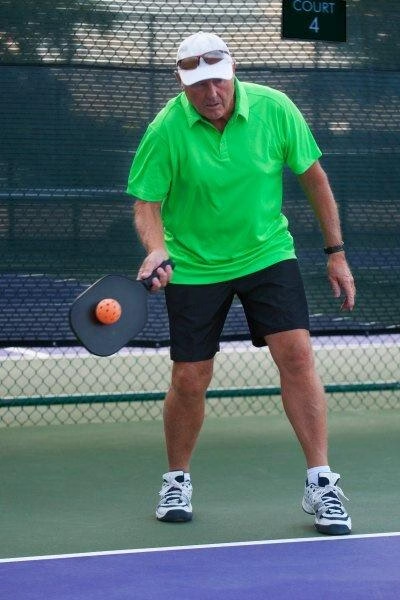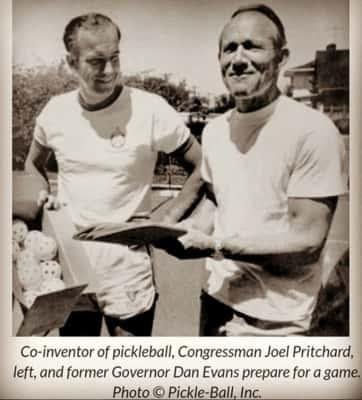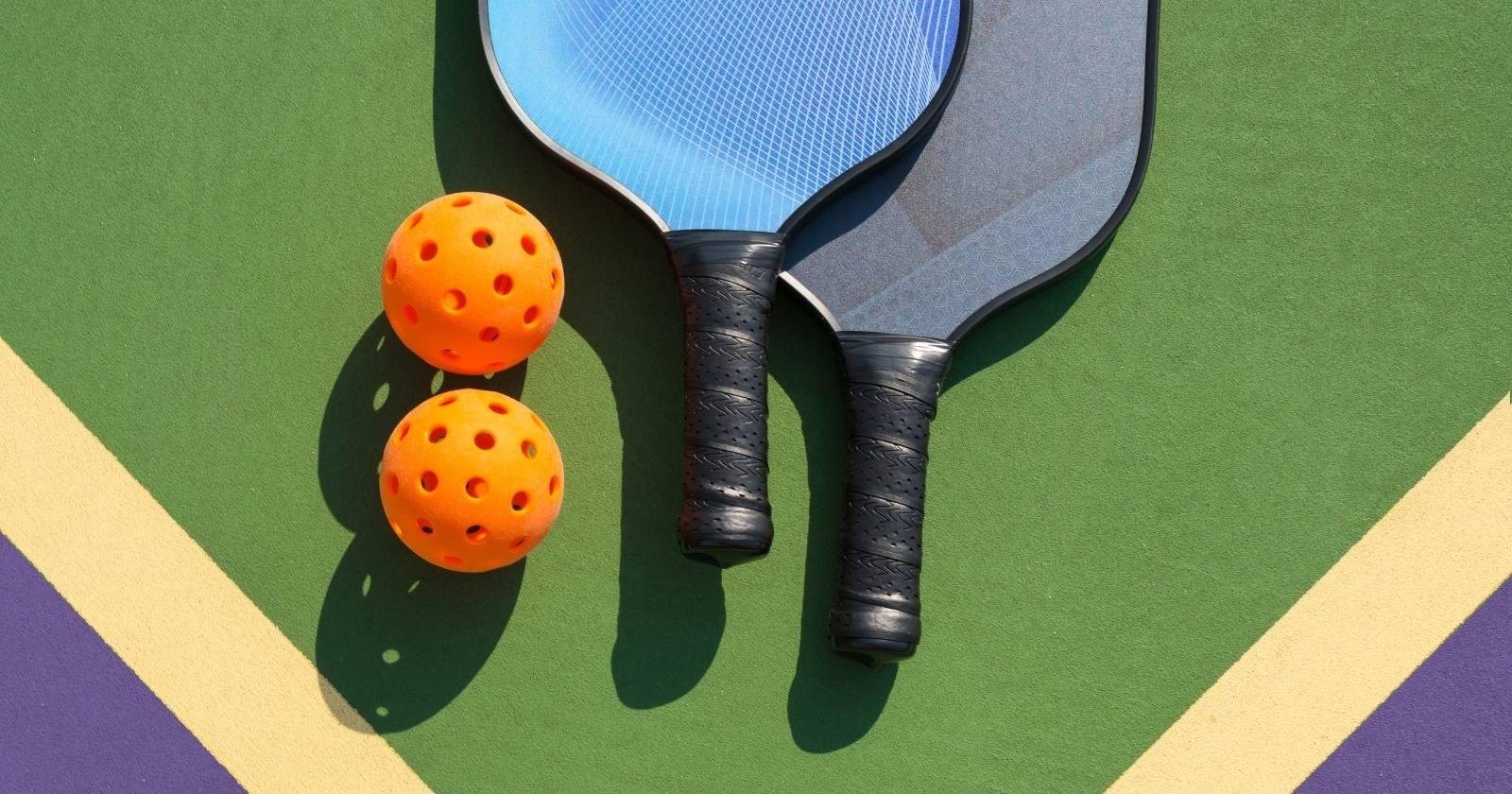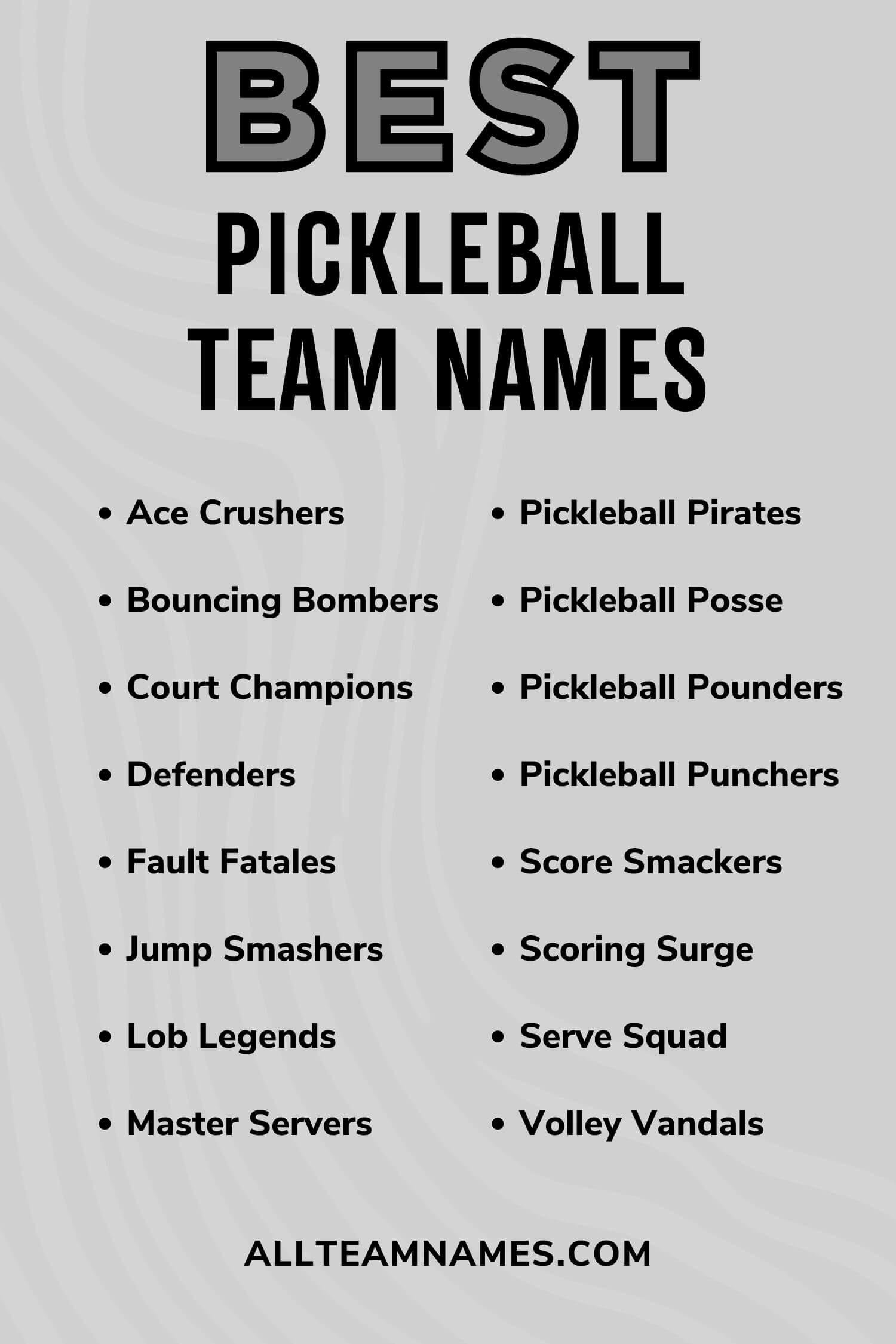Blog
where did the name pickleball come from

In the realm of sports, names often reveal a rich tapestry of history, culture, and quirky anecdotes that give life to the game itself. One such sport that has captured the hearts of players and spectators alike is pickleball—a paddle sport that combines elements of tennis, badminton, and ping-pong. But amid the buzz of bouncing balls and the rhythmic thwacks of paddles, a curious question lingers: where did the name “pickleball” originate? As we delve into the origins of this intriguing moniker, we uncover a blend of mythology, nostalgia, and perhaps a touch of whimsy, all wrapped up in the fascinating journey of a game that started in a backyard and has since transformed into a beloved pastime for millions. Join us as we explore the etymology of pickleball and the stories behind its curious name.
Exploring the Origins of the Name Pickleball
The intriguing name “pickleball” has origins steeped in playful speculation and a touch of whimsy. One widely accepted story attributes the name to the family dog of one of the sport’s co-founders, Joel Pritchard. The dog, a lovable pickle-colored pup, would often chase after the ball, prompting the playful connection between the sport and the endearing pet. This delightful anecdote has captured the imagination of many, though there are alternative explanations that swirl around like the balls used in the game itself.
Another theory suggests that the term “pickleball” stems from the way various elements of the game were “picked” from different sports. Combining elements from tennis, badminton, and ping-pong, the game was said to be a mixed bag of fun—much like a “pickle” of assorted flavors. This interpretation paints a picture of collaboration and creativity, highlighting how sports can blend together to create something entirely new. Regardless of its origins, the name pickleball perfectly encapsulates the sport’s spirit: quirky, fun, and accessible to players of all ages.

The Role of Pickles in the Games Inspiration
While the whimsical name “pickleball” might suggest a focus on the tangy condiment, the origin is quite a pickle of its own! The term originates from the game’s creators, who were influenced by the family dog named Pickles. As the story goes, Pickles would often chase after the ball, thereby inspiring the name that would eventually resonate with players of all ages. The combination of the playful nature of the game and the charming backstory behind its name is just as important as the sport itself.
Beyond the anecdotal connection to the family pet, pickles in the culinary world serve as a metaphor for the vibrant and lively spirit of pickleball. Just like the diverse range of pickle varieties, the game has evolved into a blend of different sports, including tennis, badminton, and ping pong. This eclectic mix has given rise to a community that embraces excitement, strategy, and teamwork. The following characteristics highlight how pickles serve as an inspiration for the game’s dynamic culture:
- Variety: Just as there are countless pickle recipes, players can adopt varied strategies.
- Community: Sharing pickles often brings people together, much like how pickleball fosters connections.
- Fun:** The tangy zest of pickles mirrors the fun and enjoyment found in every match.

Unpacking the Myths Behind Pickleballs Naming
The origins of the name ”pickleball” are as layered as the game’s rules and strategies. Contrary to popular belief, it does not derive from any peculiar connection to the sport of pickle collecting, nor does it refer to any vegetable at all. The name is said to have originated from one of the sport’s co-founders, Joan Pritchard, who named it after her dog, Pickles, who enjoyed chasing after the ball during their early games. This charming anecdote is one of the most frequently recounted tales, but it is important to note that Joan’s dog was not the sole inspiration for the name. The sport’s combination of tennis, badminton, and ping pong led to a quirky moniker—playing on the absurdity of having a game that combines elements from various sports.
- The Dog Story: Originating from Joan Pritchard’s dog named Pickles.
- Pickle Boat Theory: Another theory suggests it originates from ‘pickle boat’, referring to a crew boat made up of leftover rowers.
- A Mismatch of Games: The eclectic mix of games contributed to its “pickled” identity, symbolizing the blend of sports.
Further fuelling the myths are the various interpretations of how “pickle” connects to sports culture across generations. In the context of the game, the playful nature of “pickle” best encapsulates the spirit of competition and leisure intertwined in pickleball. Mysterious yet inviting, the name reflects the game’s journey from recreational pastime to a growing global phenomenon. Each theory brings with it a dash of history and humor, enriching the lore surrounding this beloved sport.

Lessons from Pickleballs Journey: Naming and Branding Insights
The quirky name “pickleball” carries with it a rich tapestry of branding lessons that are applicable far beyond the court. Originating in 1965, the game was initially a creative endeavor by three dads looking to entertain their children. The name itself is said to derive from the family dog, Pickles, who would chase the ball around the court, adding a splash of whimsy to the sport. Such a charming backstory not only resonates with family-oriented values but also embeds a memorable narrative within the brand. Key takeaways include:
- Emphasize Storytelling: Narratives drive connections; a meaningful backstory can enhance engagement.
- Incorporate Humor: A light-hearted name can make a brand more approachable and relatable.
- Align with Audience Values: Understanding your target demographic helps in developing a branding strategy that reflects their ideals.
Moreover, the growth of pickleball from a backyard pastime to a sport with national recognition illustrates vital branding dynamics. Its unique positioning allows it to target a diverse player base, ranging from families to retirees. The sport’s rise can also be credited to its simplicity and accessibility, mirroring modern branding strategies that value consumer experience over exclusivity. Addressing these factors is crucial for effective branding. Consider the following elements:
| Element | Impact |
|---|---|
| Accessibility | Encourages broader participation and community growth. |
| Community Engagement | Fosters a loyal fanbase and word-of-mouth promotion. |
| Visual Identity | Strengthens brand recognition and appeal. |
Q&A
Q&A: The Origins of the Name “Pickleball”
Q1: What exactly is pickleball?
A1: Pickleball is a paddle sport that combines elements of badminton, tennis, and table tennis. It’s played by two or four players on a court with a net, using a plastic ball with holes and wooden or composite paddles.
Q2: How did the game of pickleball originate?
A2: Pickleball was invented in 1965 by Joel Pritchard, Bill Bell, and Barney McCallum in Bainbridge Island, Washington. The aim was to create a fun, family-friendly game that everyone could enjoy during the summer.
Q3: So, where does the name “pickleball” come from?
A3: The origin of the name “pickleball” is a bit of a delightful mystery! There are two prevalent theories. The first suggests that it was named after Pritchard’s dog, Pickles, who had a penchant for chasing the balls during their games.
Q4: What about the alternate theory for the name?
A4: The second theory posits that the name stems from the term “pickle boat,” which refers to the last boat to return with the catch in crew racing. In this context, the game was seen as a mix of various sports, much like a pickle boat is a mix of rowers from different crews.
Q5: Which story do people believe more?
A5: While both stories circulate, the dog story is often considered the more charming and widely accepted origin. However, both explanations have their quirky appeal, contributing to the folklore surrounding the sport.
Q6: Why do the origins of the name matter?
A6: Understanding the name “pickleball” adds to the whimsical charm of the sport. It captures the lighthearted spirit of the game, which emphasizes fun and community over competition—qualities that have helped it grow rapidly worldwide.
Q7: Has the popularity of pickleball changed over time?
A7: Absolutely! Pickleball has surged in popularity over the past decade, evolving from a backyard pastime to a mainstream sport. It appeals to all ages due to its simple rules and accessible gameplay, making it a favorite in parks and recreation centers.
Q8: Any fun facts about the game itself?
A8: Beyond its quirky name, pickleball boasts other fun facts: it can be played both indoors and outdoors, the smaller court size means less running, and it’s credited with bringing communities together, fostering friendships across ages and backgrounds.
Q9: What should someone remember when introducing someone new to pickleball?
A9: Keep it light! Emphasize the social aspects and the joy of play rather than competition. Share the story of how the name came about, and perhaps even throw in a few playful volleys to get them hooked on the fun of pickleball!
—
Q10: what can we learn from the story of pickleball’s name?
A10: The playful nature of the name “pickleball” reminds us that sports can be both competitive and enjoyable. It encapsulates a sense of community and creativity, celebrating the joyous moments that come from gathering, playing, and having fun.
Future Outlook
As we paddle our way to the conclusion of this exploration into the origins of the name “pickleball,” it’s clear that the story is as intriguing as the game itself. Whether you subscribe to the notion that it’s a homage to the beloved family dog or a nod to the sport’s eclectic mix of elements, the name encapsulates the spirit of fun and camaraderie that defines this unique pastime. Just like a well-executed shot on the court, the origins of pickleball are multifaceted and layered, inviting enthusiasts to engage with its history as passionately as they do with the game. So, the next time you rally with friends or introduce a newcomer to the joys of pickleball, remember that behind every serve and volley lies a tale of creativity that started with a simple name. Whether you play it for competition or leisure, may the joy of pickleball continue to serve up delightful moments for generations to come.












